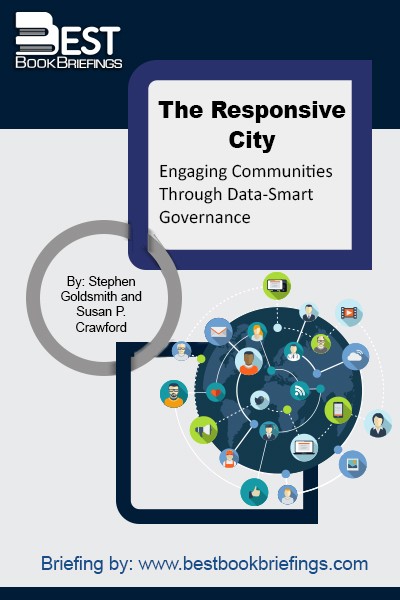The Responsive City
Engaging Communities Through Data-Smart Governance
Number of pages: 288
Publisher: Jossey-Bass
BBB Library: Technology and Globalization, Politics and Public Affairs
ISBN: 9781118910900
Editorial Review
There is no better way to improve the lives of billions of people around the world than to improve the way cities work. For the first time in human history, the majority of the world's people live in cities. By 2050, 75 percent will. As more and more people move to cities, more and more of the world's challenges-and solutions-will be concentrated there, too. The rise of cities coincides with a technological revolution that is empowering local leaders to find innovative ways to better serve the public. At the center of that revolution is our growing ability to use data to improve the services that government provides. Governments have long been in the business of keeping records-billions of data points-to improve everything from emergency response to education to transportation.
Book Reviews
Books on Related Topics
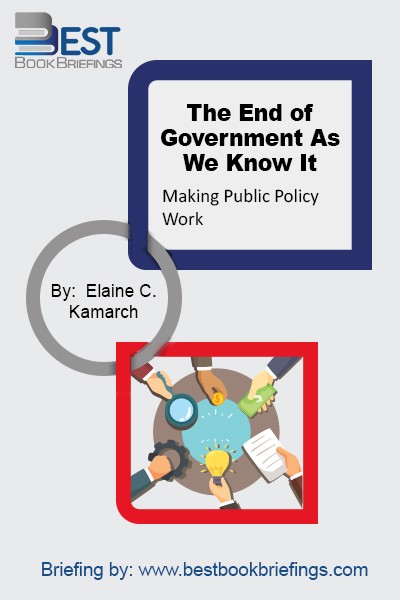
The End of Government examines how bureaucracy can be updated to deal with the quickly evolving demands of the twenty first century, and also uses real-world examples to help us understand how new alternatives can best be applied.
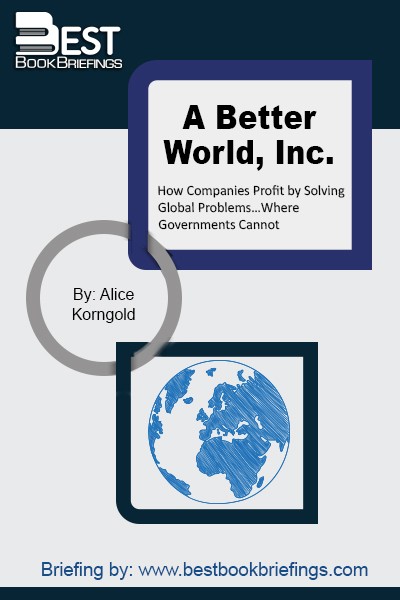
This book has two purposes. First, to feature companies that are highly innovative in finding solutions to the world’s most malignant difficulties as a means to build the corporations’ long-term success and value. Second, and most importantly, to show that the most serious issues facing humanity and our planet can only
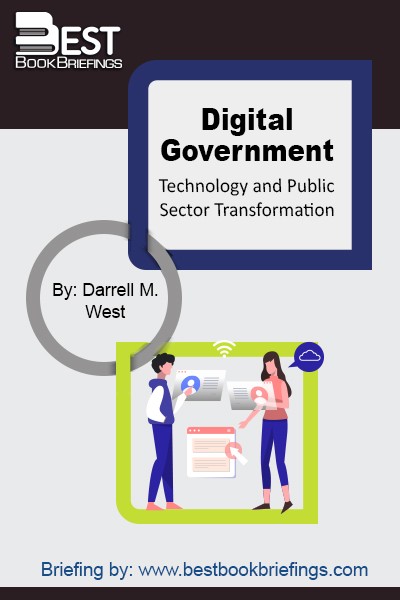
This book looks at the phenomenon of electronic government, that is, public sector use of the internet and other digital devices to deliver services, information, and democracy itself. Although personal computers have been around for several decades, recent advances in networking, video imaging, and graphics interfacing have allowed governments to develop
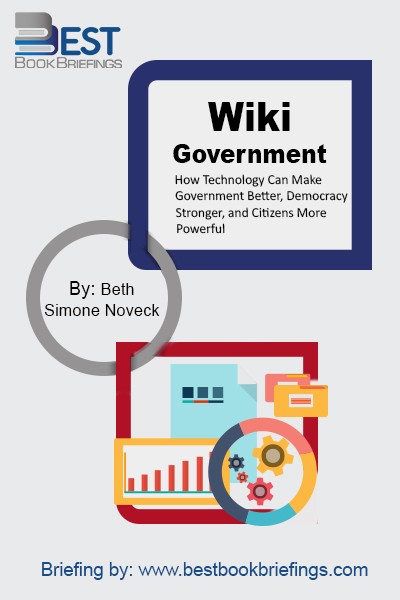
Collaborative democracy—government with the people—is a new vision of governance in the digital age. Wiki Government explains how to translate the vision into reality. Beth Simone Noveck draws on her experience in creating Peer-to-Patent, the federal government's first social networking initiative, to show how technology can connect the expertise of the many
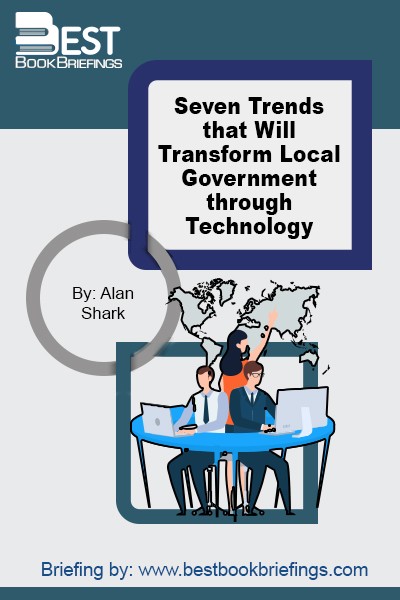
This book lays out an impressive, well-articulated set of trends that have affected or will soon affect local governments throughout the nation through technology. Amazingly, as Dr. Shark points out, all of this massive change has occurred within the past 12 years. While technology trends continue to play out in the

Political marketing is about how political elites use marketing tools and concepts to understand, respond to, involve and communicate with their political market in order to achieve their goals. These goals can include–in addition to getting votes to be elected–creating more understanding of a complex policy, passing legislation, and winning control

